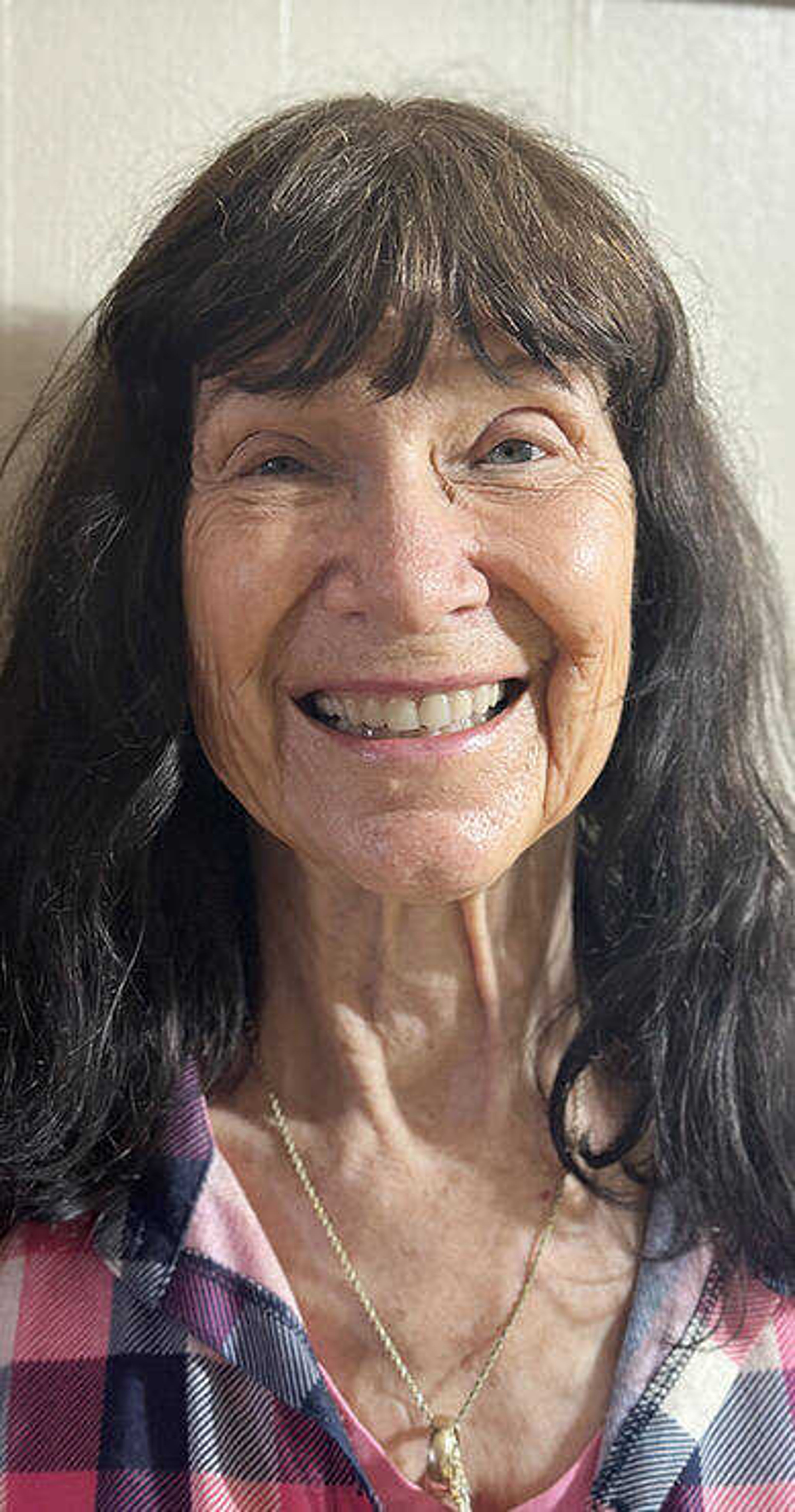Focus on what you have
"Oh God, forgive me when I whine. I have two ears, the world is mine. With feet to take me where I'd go. With eyes to see the sunset's glow. With ears to hear what I'd know. Oh God, forgive me when I whine. I've been blessed indeed; the world is mine." (Red Foley)...
"Oh God, forgive me when I whine. I have two ears, the world is mine. With feet to take me where I'd go. With eyes to see the sunset's glow. With ears to hear what I'd know. Oh God, forgive me when I whine. I've been blessed indeed; the world is mine." (Red Foley)
The poem "The World is Mine" reveals the observation of a person who thought others were better off than she. After scrutinizing each person closer, beneath their pleasantness, she saw their disabilities. One had only one leg, another couldn't see and the third person was deaf. She realized she had nothing to complain about in comparison. The world was hers when she appreciated what she had.
Everyone tends to believe his problems are greater than someone else's. When people talk, one person can scarcely wait for the other to finish before relating his story. You think when everything is in place in your life you will be happy. There is always "if only" -- you had a bigger house, a better job, a spouse, more friends, were more intelligent or better looking, you would surely be happy. "Someday I'll be happy," you tell yourself. "When the kids get out of school, I can retire and do as I choose, then I'll be content." You see the grass as being lusher on the other side of some distant fence.
Almost everyone looks forward to some goal to bring him happiness. Having goals is definitely important, but you have to focus on what you already have. Then when you reach your goal the achievement will be an addition to an already satisfactory life.
Although we know there will be no perfection until we're reunited with God, people look for avenues that will bring them closer to a flawless state of peace and contentment. Jesus promises it's possible to reach that state when he says "Peace I leave to you, my peace I give to you; not as the world gives you. Do not let your heart be troubled, nor let it be afraid." (John 14:27) God's idea of perfection is unlike ours.
A remarkable statement changed my perspective on happiness recently as I watched a true drama on television. The episode involved a man who was attacked by a bear. He barely escaped with his life. His face was bitten off, his legs were mangled and his body was left a bloody mass of flesh. No one could visualize how he could possibly be saved, nevertheless, he lived.
After enduring numerous surgeries he was finally able to walk again and carry on a life. His face was reconstructed but unrecognizable. He wore sunglasses to cover his unsightly eyes. Fortunately he was able to walk and use his arms even though his body was misshapen. Most would have given up or wanted to hide from the public eye, but he persevered and again found happiness. He refused to harbor resentment, even toward the bear. Many asked him how he found the courage and desire to continue.
"I have to focus on what I do have, not on what I don't have," he said. I marveled at his tenacity. I too, vowed to begin focusing on what I do have rather than on what I don't have -- from now on.
Ellen Shuck holds degrees in psychology, religious education and spiritual direction and provides spiritual direction to people at her office.
Connect with the Southeast Missourian Newsroom:
For corrections to this story or other insights for the editor, click here. To submit a letter to the editor, click here. To learn about the Southeast Missourian’s AI Policy, click here.










